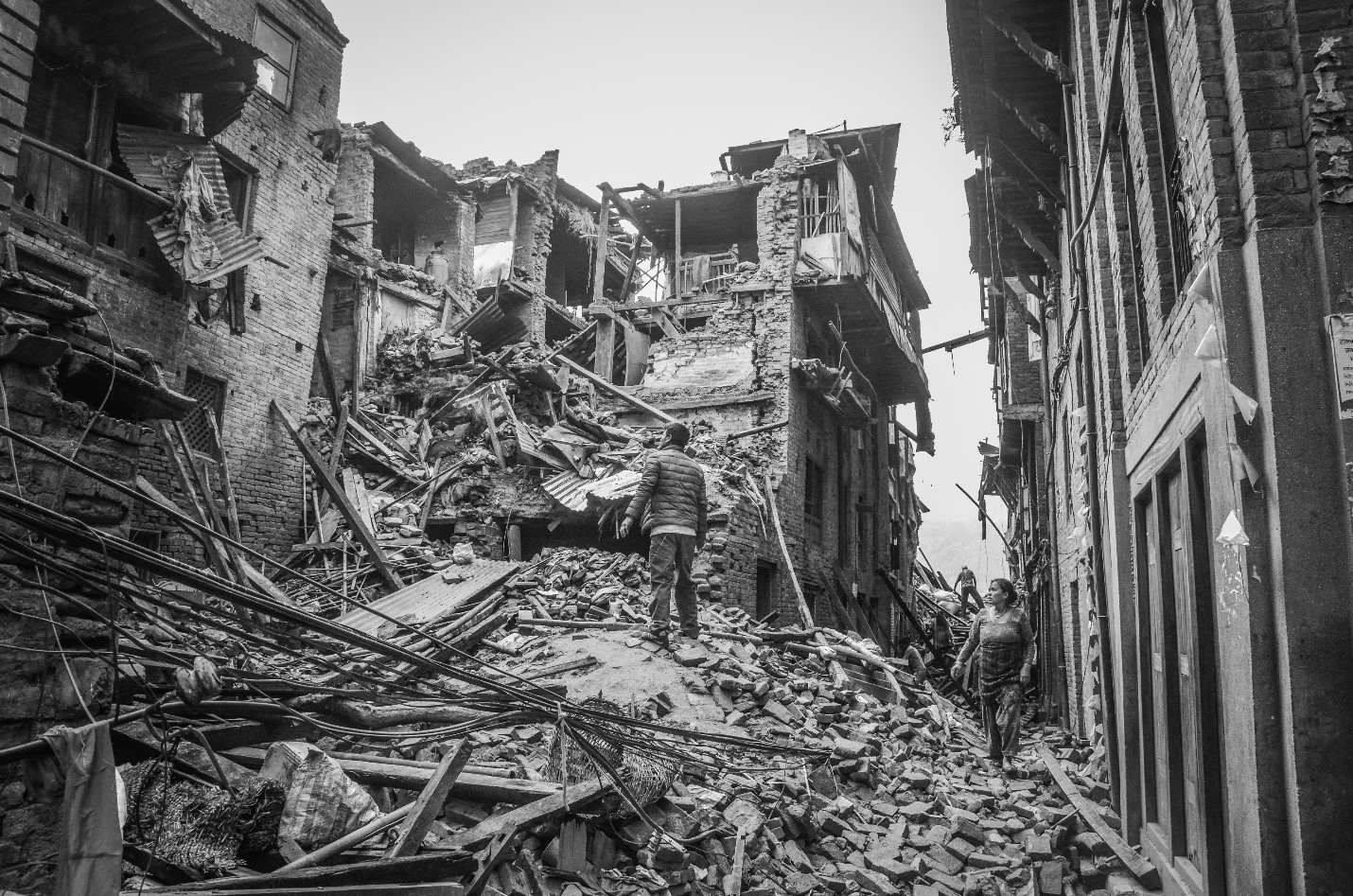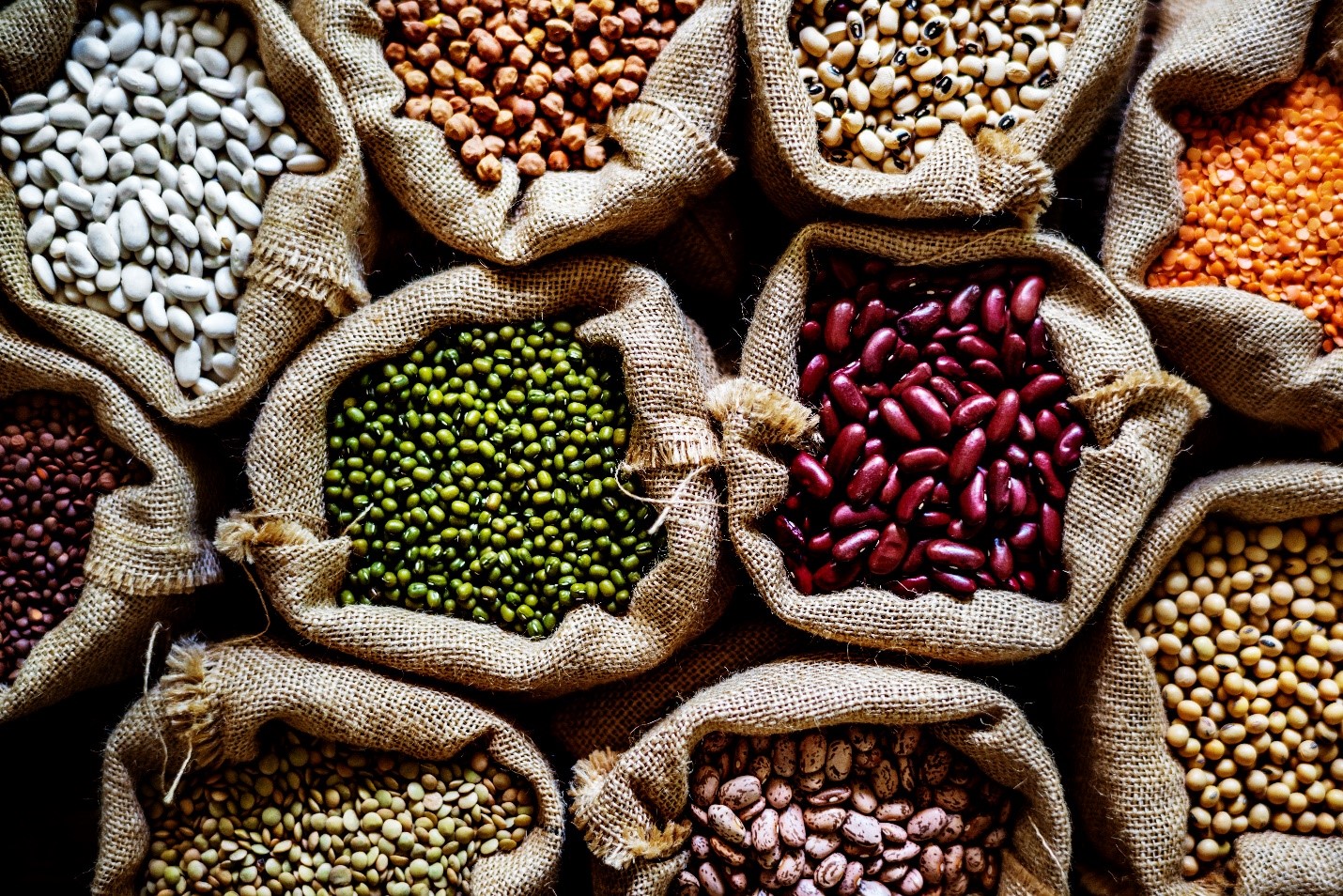
Our programmes target the following professionals: Humanitarians, Project Managers, Development workers, Middle-level Managers, Project Coordinators, Personal Assistants, Accountants, Business Executives, Human Resource Managers, Education Officers, Public health, nutrition, and heads responsible for hygiene, environmentalists, donor agencies, NGOs, Team Leaders of both state and private corporations, governmental organizations, managers.

Monitoring, Evaluation, Accountability and Learning (MEAL)
Do you wonder how you can run an effective accountable team? Have you ever wondered how you can make processes more efficient using the current lessons you are learning? Do you want to increase the level of ownership of the projects you implement at the community level? Do feel bad when resources go unaccounted for? Monitoring, evaluation, accountability, and learning (MEAL) are part of everyday programme management and are critical to the success of most programs, projects, initiatives, interventions and even organisations as a whole.

Water, Sanitation and Hygiene (WASH)
Contaminated water and poor sanitation are linked to the transmission of diseases such as cholera, diarrhoea, dysentery and so many other Water borne diseases. Absent, inadequate, or inappropriately managed water and sanitation services expose individuals to preventable health risks.
Access to clean water and sanitation means being able to avoid exposure to these and countless other diseases as well as improve the quality of life among populations.

Human Nutrition & Dietetics (HND)
What comes to your mind when you hear of malnutrition? How do you feel when you are hungry? How do you feel when you go to the hospital and the doctor just tells you that all you need to do is change your diet? Then prescribes to you multivitamins and supplements to boost your immunity. It is amazing to know that you can change people’s lives by understanding aspects of nutrition and be able to create healthier sustainable communities where people thrive and attain their full potential.
The food we eat has a significant impact on our health, according to a number of scientific studies. Changes in diet can help prevent or control many health problems, including malnutrition.

Procurement and Supply Chain Management (PSCM)
Do you ever wonder how goods, materials and services move from one place to the other during emergencies? Or in the process of developing communities? Does it make you feel good about the fact that you can be an enabling factor in making the process more efficient? Do you consider logistics as a process to mobilise people, resources, skills and knowledge with the aim to help those affected by a disaster? In the Humanitarian and Development field, the effective management of aid materials for the beneficiaries in the wake of a disaster helps to reduce their suffering and to rehabilitate the affected people in a dignified way.

Disaster Risk Reduction & Management (DRRM)
The reason most disasters are called emergencies in the first place is that they are unpredictable. At times you can never plan for extreme weather changes that result in floods or drought. But with the unpredictability of Climate change and weather patterns has helped people result in studying these patterns to form Early Warning Systems and help reduce these effects caused by disasters.
Have you ever asked yourself what you would do when a disaster strikes? Are you prepared for an emergency? How would you help your community mitigate the effects of disasters?

Food Security & Nutrition in Emergencies (FSNE)
The reason most disasters are called emergencies in the first place is that they are unpredictable. At times you can never plan for extreme weather changes that result in floods or drought. But with the unpredictability of Climate change and weather patterns has helped people result in studying these patterns to form Early Warning Systems and help reduce these effects caused by
disasters.
Have you ever asked yourself what you would do when a disaster strikes? Are you prepared for an
emergency?

Maternal, Infant and Young Child Nutrition (MIYCN)
How conversant are you with matters to do with basic concepts of nutrition, maternal nutrition, breastfeeding techniques, infant/newborn care, and complementary feeding? Poverty, food insecurity, ignorance, lack of appropriate infant and young child feeding practices, the heavy burden of infectious diseases, and poor hygiene and sanitation are among the factors that are responsible for the high levels of maternal and child undernutrition in developing countries.
